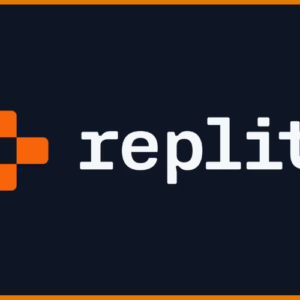Google has revealed a transformative AI innovation aimed at revolutionizing software development workflows. At its I/O conference, the tech giant introduced a proactive AI system termed “agentic AI,” designed to work autonomously and collaborate with engineers through every phase of the software lifecycle. This marks a pivotal shift in how AI is deployed in developer environments, merging seamlessly with Google Cloud and Gemini AI.
Agentic AI: A Game-Changer for Digital Workflows
The new AI system internally dubbed the “software development lifecycle agent”—acts as a tireless teammate. It assists engineers in spotting bugs, managing documentation, and flagging security issues. More than a tool, it is a decision-making collaborator that enhances speed and reduces operational friction.
According to IDC data, software engineers typically spend just 16% of their time on actual coding. The rest is absorbed by tasks like test cases and requirement documentation. Agentic AI automates these burdensome tasks, increasing productivity and freeing up human talent for strategic work.
The emergence of agentic AI has sparked the rise of new tech roles, such as agent ops specialists, prompt engineers, and AI architects. However, a shortage of skilled talent poses a bottleneck, with demand expected to double by 2026. Salary ranges for these roles vary widely based on expertise, revealing a growing gap in the market.
AI Oversight and Innovation Go Hand in Hand
Aside from building super-intelligent AI agents, Google is exploring broader interaction capabilities. Voice-enabled tools from Gemini AI are being tested for extended reality (XR) devices, underscoring Google’s ambition to spread generative AI across platforms.
While the innovation promises improved efficiency, it also raises security concerns. Unauthorized or “Shadow AI” deployments may bypass oversight, prompting companies to strengthen governance frameworks. The urgency is further intensified by Google’s recent $350 million settlement over security flaws linked to user data exposure.
Still, the company continues to accelerate the open-source Agent SDK, empowering other organizations to create and launch their own AI agents. The rapid adoption of agentic AI reflects a broader industry movement towards smarter, context-aware digital labour.
The Road Ahead
As agentic AI becomes central to modern development, it represents more than a technological leap. It’s a shift in mindset—from reactive assistance to autonomous support. Google’s unveiling is both a signal and a blueprint: future software development will increasingly depend on AI not just as a tool, but as a team member.
The balance between innovation, security, and skilled workforce development will define the success of this AI evolution. For now, Google has taken a bold step forward—one that may very well reshape the software engineering landscape.









